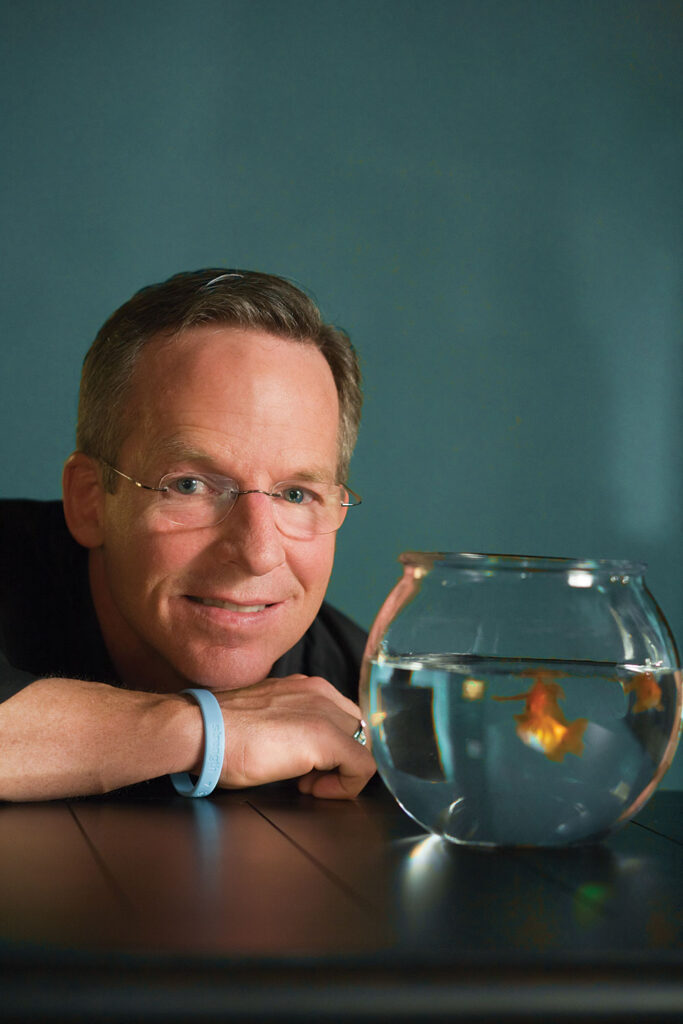Three-year growth 305%

During its early years, Fishbowl Inventory was dealt a raw hand. In 2001, the founder of the company funded the project with the help — and trust — of Salt Lake entrepreneurs Chuck and Beverly Hale. But the trust was short-lived. By 2004, more than $3 million had been put into the inventory control software company, with almost nothing to show for it. The money wasn’t being used as planned — or promised. Enter business consultant David Williams. Williams had just finished consulting the Hales’ Salt Lake company when they asked him to evaluate Fishbowl Inventory’s viability. The founder had been legally removed from the equation, and the question was whether to fold or draw a new hand. Williams chose to “go fish.”
My first step inevaluating Fishbowl was to meet with the employees. These were sharp guys, and they hadn’t been paid in two to three months. I didn’t know anything about software, but I knew these people needed a chance.
I really had not been looking for employment. It was simply a deserving, impressive group, and I fell in love with the Hales as owners. They got taken to the cleaners, and two things motivated me: Get the company profitable, and pay the Hales back.
From there we put employees into different seats within the Fishbowl bus. We focused on sales. We controlled our expenses and focused on our niche. From that point on, the Hales didn’t have to put in a dime.
It’s been a fairy tale adventure where everything has worked out. We have amazingly become the No. 1 requested add-on to QuickBooks, and our product-return rate is less than 2 percent. Our secret to success is we’ve focused on the bottom line, but on the people side of it. We knew if we had the right people doing the right things, our product had a chance. It’s also nice to have a market like QuickBooks with amazing growth — to have the sky as the limit and then see how fast we can run. A great product, plus great people, equals a great company.
We don’t have typical growing pains. It’s mainly been the stretching of great people by throwing them into positions of leadership, none of whom were raising their hands to be a leader. But in the end, it’s pulled us through. Our leaders know the product and have become effective leaders. And because of that, we’re able to do a thorough job on the front-end. We’re managing our speed, and we’re not selling to customers before fully understanding their needs.
I don’t want to have a big company. We hope to stay true to ourselves and not get arrogant with our success. Many companies have been very successful fast, and they’ve tailed off by getting full of themselves.
Everyone at the company is governed by win-win agreements, saying, “This is what you can expect from me and the company this year.” It’s an effective tool, as it creates a forum-like atmosphere among employees and managers. Plus, it holds people accountable for their behavior.
We’re a happy-go-lucky company that has had some luck fall our way. We’re hard working, but we play pretty hard, too. We respect that you need a balance. Work isn’t everything — it’s actually way down on the list. And if you have that approach, it will accelerate performance.
I didn’t know anything about software, but I knew these people need a chance.